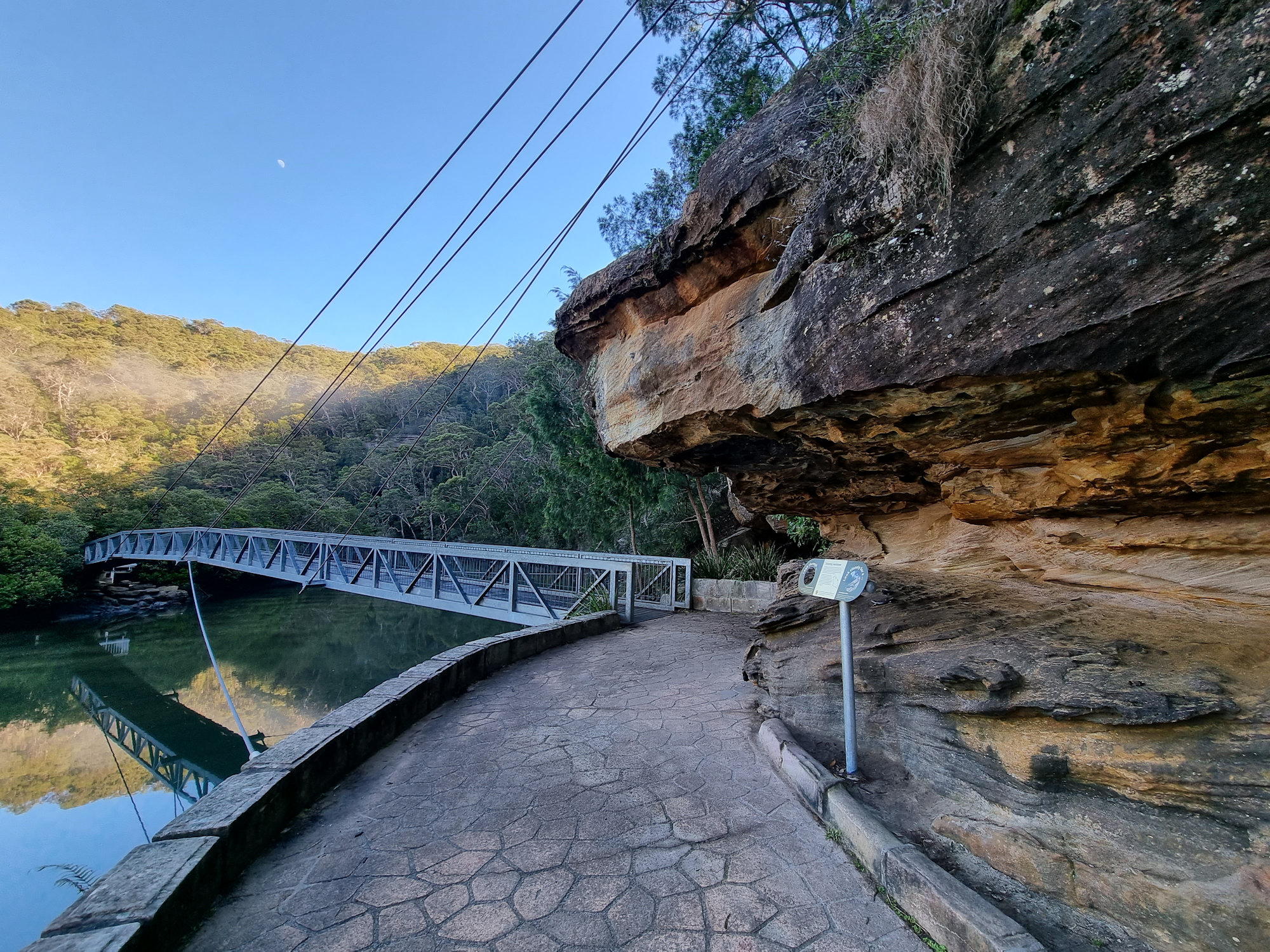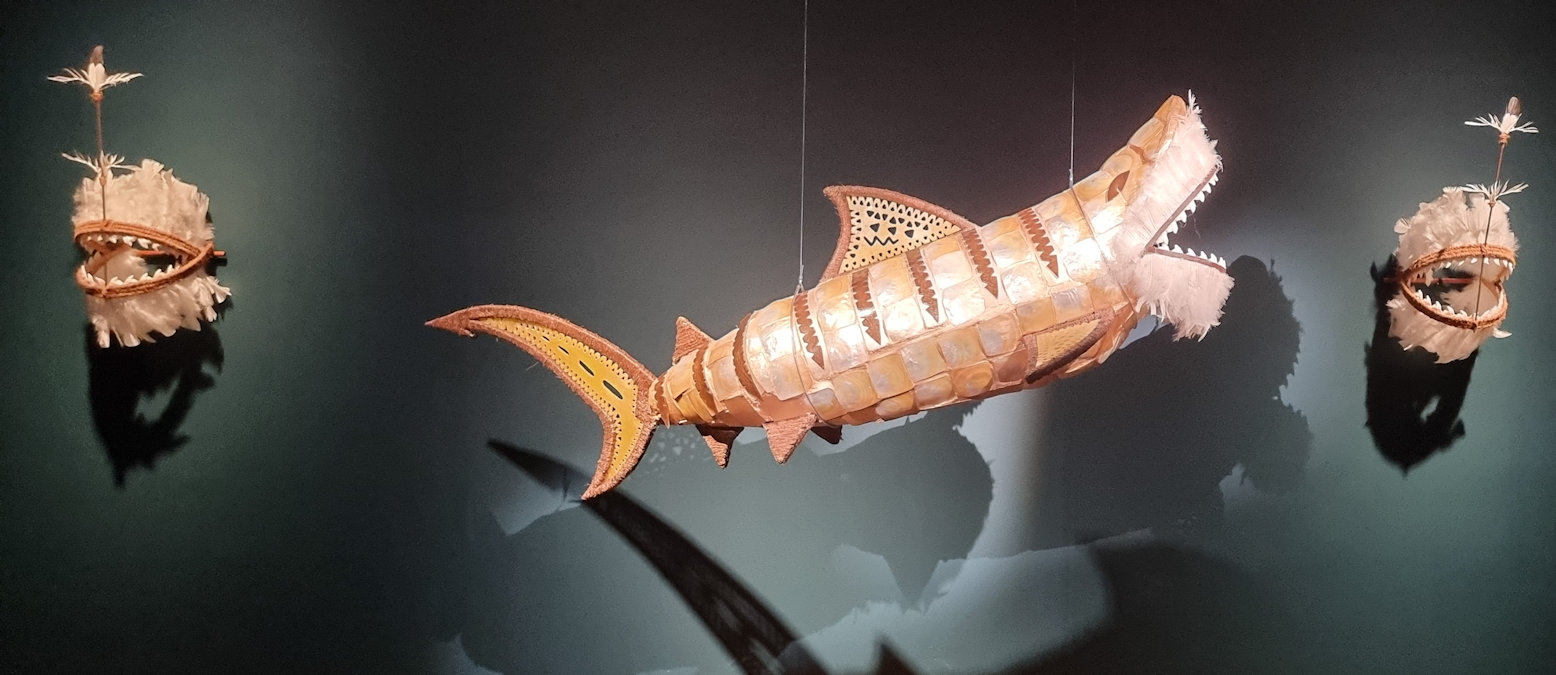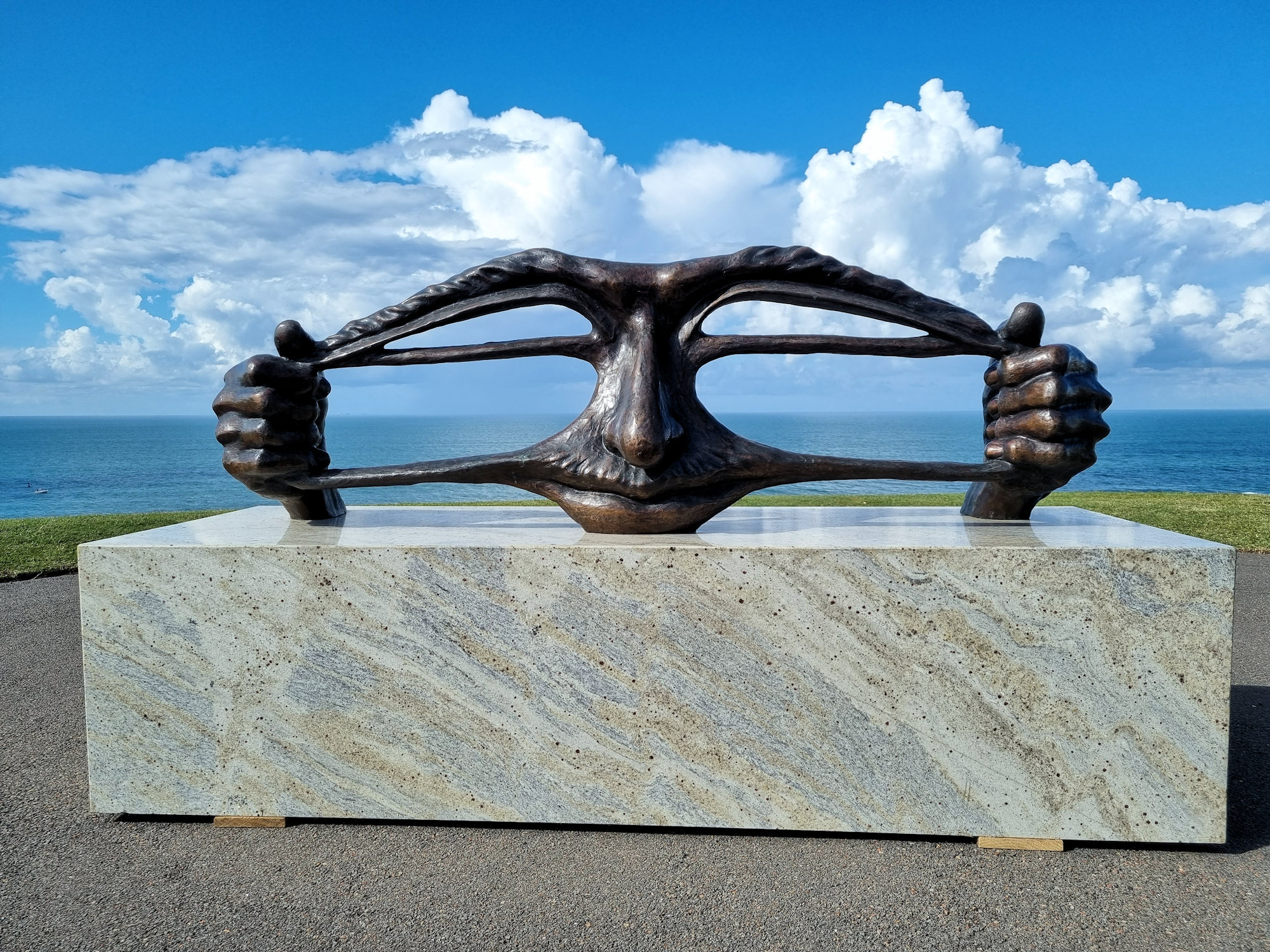Our news
-

Bobbin Head Mangrove Boardwalk
Bobbin Head Mangrove Boardwalk Located in the Kuring-gai Chase National Park, access to the Bobbin Head Mangrove Boardwalk will cost $12.00 per car for a day. This will cover you for any other parts of the National Park you visit on that day too. The fee allows you to use the picnic areas and walking…
-

Maitland Regional Art Gallery May 2023
Maitland Regional Art Gallery May 2023 We revisited the Maitland Regional Art Gallery in late May 2023 and were lucky to catch two great exhibitions in their last days. It’s not often that we get to see Torres Strait art displayed in the Hunter Valley in New South Wales, Australia, this was a great opportunity.…
-

Sculptures at Scratchley
Sculptures at Scratchley Sculptures at Scratchley is a planned annual sculpture exhibition held for the first time this year in the grounds of Fort Scratchley, a historic fort at the entrance to Newcastle Harbour in New South Wales, Australia. Held for the first time in 2023 the exhibition showcases a selected number of international, national…